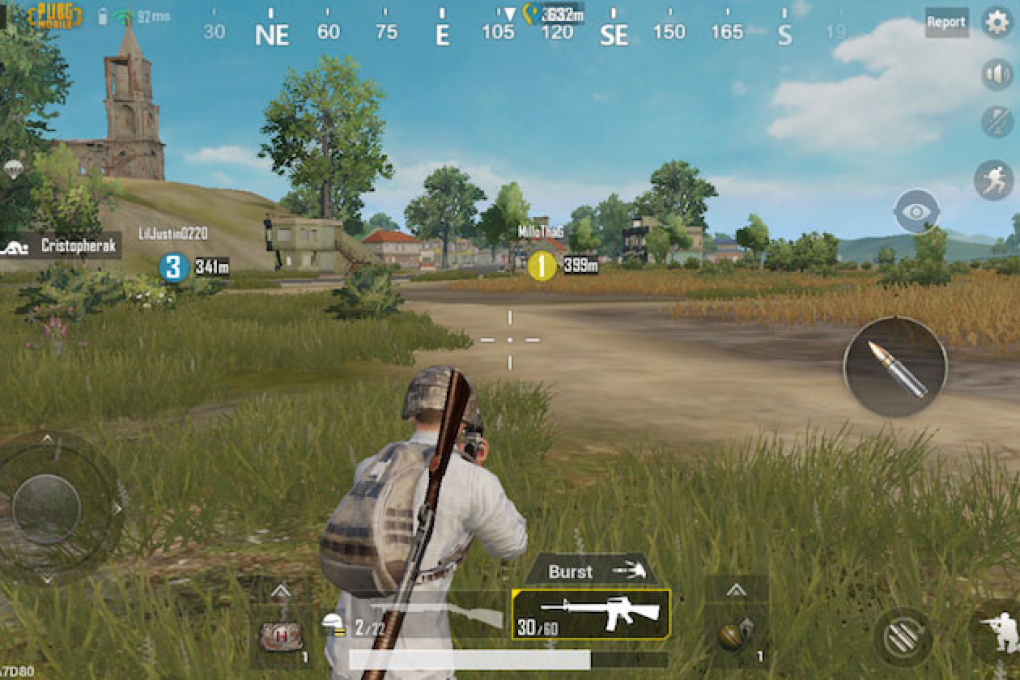Advertisement
Why PUBG Mobile became Game for Peace in China
PUBG Mobile is Tencent’s mobile version of the popular PC battle royale game. Though hugely popular in China, Tencent couldn’t monetize the game there until it made Game for Peace, a blood-free, patriotic version just for China.
Reading Time:4 minutes
Why you can trust SCMP

PUBG Mobile is the biggest mobile game in the world. It was so popular in China that the country got two of them.
When Shenzhen-based Tencent got the rights to make a mobile version of the popular PC battle royale game PlayerUnknown’s Battlegrounds, it had its top two gaming studios make competing versions of the same game for China.
And yet, PUBG Mobile isn’t available in China today. Instead, Chinese gamers have to settle for a suspiciously similar game called Game for Peace. It has the same developer, the same map, the same mechanics and even the same style of logo.
Advertisement
Yet there’s also an unmistakable difference. You don’t actually “die” in Game for Peace. That’s because it’s a sanitized version for the Chinese government that takes out all the blood and makes the game out to be a training exercise for a peacekeeping force.

Advertisement
If you think that’s an odd choice for a shooter, rest assured that Tencent had a very good reason for the change: Money.
Advertisement
Select Voice
Select Speed
1.00x